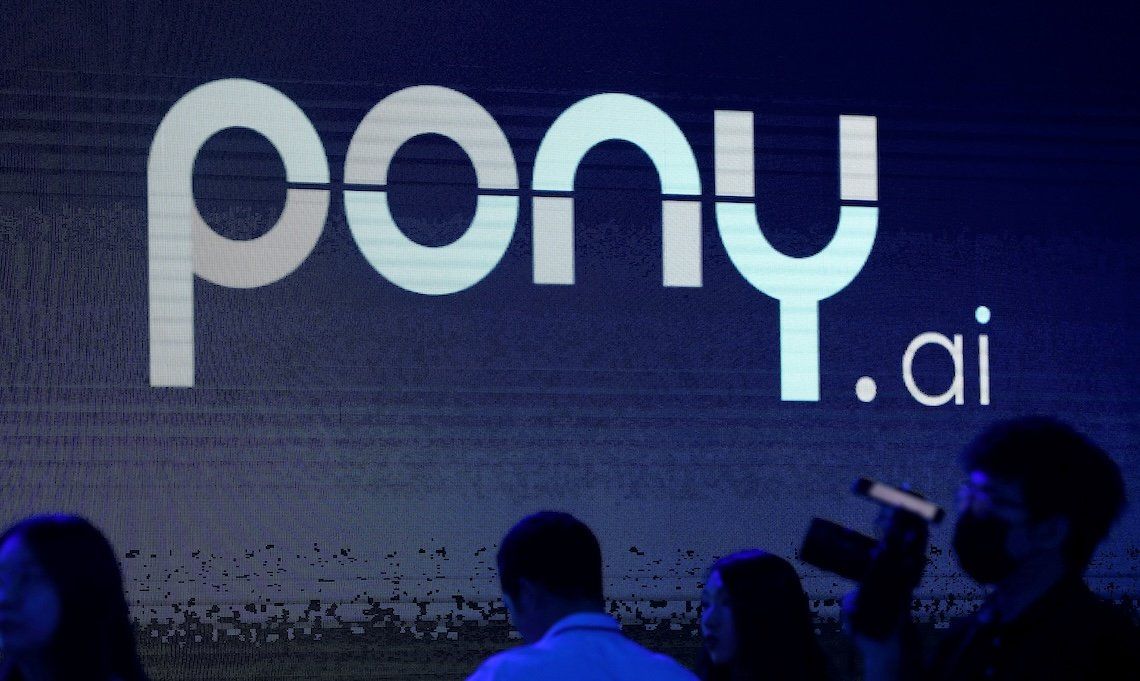Hard Numbers: Pony time, Book deals, ByteDance sues an intern, Japan’s investment, Your death clock is ticking
A logo of the autonomous driving technology startup Pony.ai is seen on a screen during an event in Beijing, China, in 2021.
13: Pony AI, a Chinese robotaxi company debuted on the Nasdaq stock exchange, the latest Chinese tech company to enter the US public markets. The company issued an initial public offering at $13 per share on Nov. 27 about two years after China started a high-profile crackdown on its companies listing on US markets. It raised $260 million during its IPO, with Bloomberg remarking that it signaled “strong investor interest” in the company.
8,000: A venture-backed startup named Spines plans to publish 8,000 books next year, charging authors $1,200–$5,000 for the production process, including AI-assisted proofreading, design, and distribution. While Spines says it can offer opportunities to would-be writers and save them weeks of labor, traditional publishing houses have criticized the startup for trying to make money off of these writers with technology that makes many in the industry uncomfortable.
1.1 million: ByteDance, the Chinese company that owns TikTok, is suing a former intern in a Beijing court for $1.1 million, alleging that the intern deliberately sabotaged its generative AI training model by manipulating and modifying its code. The company said, however, that rumors that it lost millions of dollars and thousands of powerful graphics processors were exaggerated.
9.9 billion: The Japanese government is earmarking an extra $9.9 billion for its semiconductor and artificial intelligence ambitions. Some of that money will likely go to Rapidus, the homegrown chipmaking initiative that’s been heavily funded by the Japanese government, which aims to achieve mass production by 2027.
1,200: Want to know when you’ll die? Death Clock, an AI-powered longevity app trained on 1,200 life expectancy studies with 53 million participants, promises to tell users exactly when they’re going to perish. The app costs $40 a year and suggests lifestyle changes to users so they can delay their ticking countdown.
